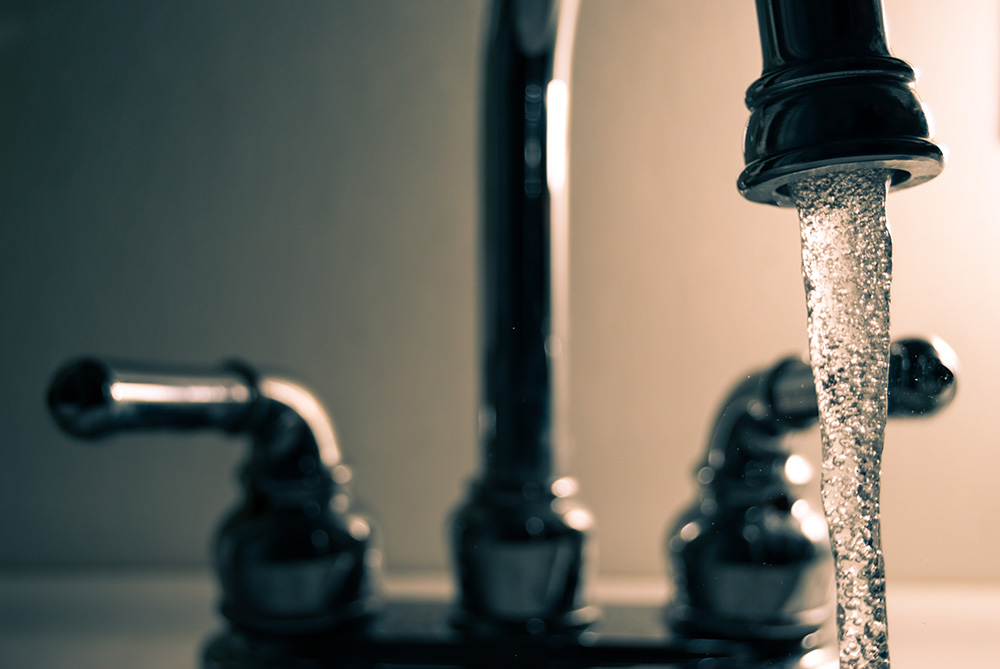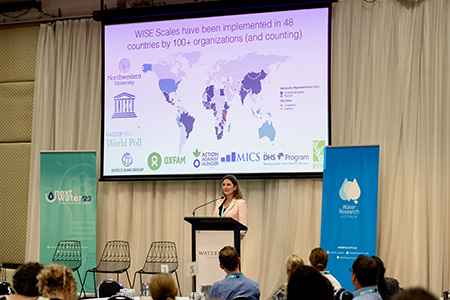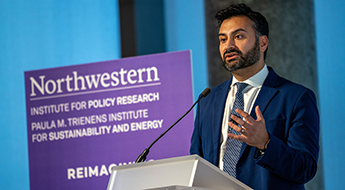Survey Reveals How Unsafe Tap Water Affects an Aboriginal Community in Australia
Tool developed by IPR anthropologist shows how even wealthy nations struggle with water insecurity
Get all our news
These findings show how data on water availability and infrastructure don’t tell the full story about water security. People in Walgett have water coming from their taps, but they are afraid to use it.”
Sera Young
IPR anthropologist

Water insecurity is often considered a problem in low-income countries, but new research is showing that many high-income nations around the globe struggle with water, too.
Recent survey data collected by Australian researchers using a scale developed by a research team led by IPR anthropologist Sera Young finds that unsafe tap water in the town of Walgett, in eastern Australia, has led to water insecurity among Aboriginal community members and endangers their health. It also demonstrates that levels of water insecurity in Walgett and nearby villages, a seven-hour drive from Sydney, are worse than those recorded in communities in much poorer countries such as Bangladesh and Lebanon.
The study also uncovered the devastating impacts that Walgett’s residents experience: They are paying up to $50 a week on bottled water, which impacts their ability to pay for other basic necessities. Problems with water are also limiting their ability to cook and eat healthy foods. The dangerous drinking water also threatens community members with existing health conditions.
Walgett’s water supply contains sodium levels that are 15 times higher than what medical officials recommend for long-term consumption by individuals with severe hypertension, or high blood pressure, and heart issues. Researchers warn that drinking water with such high levels of sodium can exacerbate these chronic health conditions.

Sera Young presents the survey findings in Sydney, Australia.
The Aboriginal Community-Controlled Organizations (ACCOs) in Walgett have called on the government of New South Wales to create a team to address these issues.
The survey, conducted by researchers at the University of New South Wales and The George Institute for Global Health, used the WISE (Water InSecurity Experiences) Scale, a 12-item survey tool Young co-created and validated to capture people’s individual experiences with water insecurity. The WISE Scale asks participants 12 questions such as how often they have been worried about not having enough water, how often they could not wash their hands, or how often they changed what they ate because of water-related problems.
“These findings show how data on water availability and infrastructure don’t tell the full story about water security," Young explained. "People in Walgett have water coming from their taps, but they are afraid to use it."
More than 250 residents in Walgett and the nearby villages of Namoi and Gingie took the survey—97% of whom identified as Aboriginal. The majority of participants (90%) said they were concerned by the “quality and smell” of water and (83%) relied on bottled water in at least one month in the past year. Over half reported that they changed what they ate due to not having enough water (54%) and were worried about not having enough water to drink (67%).
In February, Young traveled to Sydney to help present the survey findings and raise awareness about the situation in Walgett.
“I teared up when a Walgett community member took my hand and said, ‘Everyone should be measuring water insecurity this way.’ Such validation of a measurement that we’ve been working on so hard and for so long —that keeps me going," Young said.
Sera Young is associate professor of anthropology and global health and an IPR fellow.
Published: May 2, 2023.


